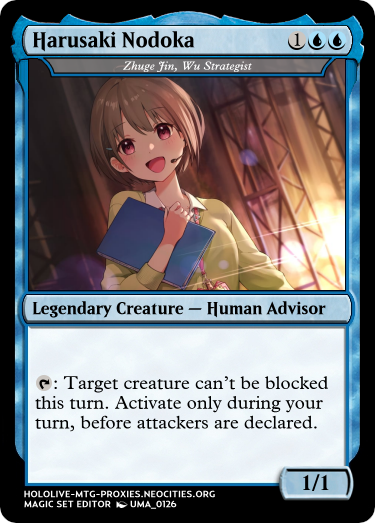
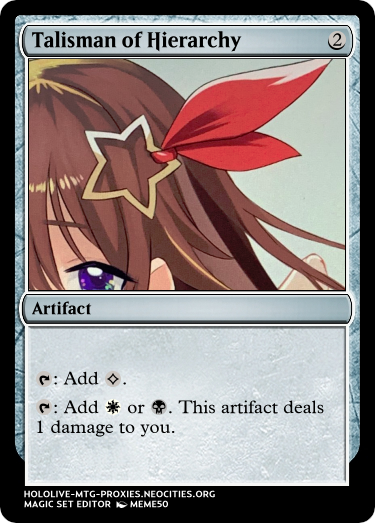

Mana and Tapping
 |
Tap, |
 |
Mana: The resource generated and spent to play most cards and use some card abilities. There are six types of mana: white ( |
 |
Mana Value: The mana cost of a card, converted into a number. A card with a mana cost of |
Card Types
(Token is not a type, despite appearing as one on tokens. Cards can have multiple types.)
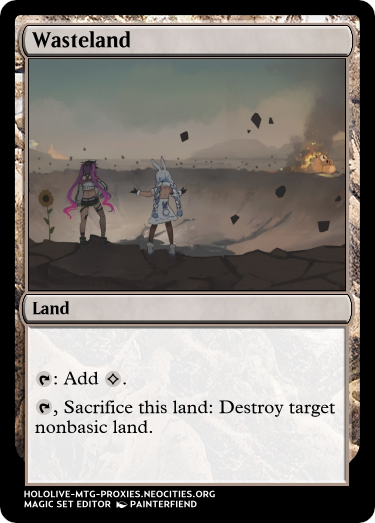 |
Land: Your main source of mana. Lands are free to play, but you can only play one on each of your turns. Other card effects may put more in play for you, getting around that limitation.
|
 |
Basic: Ignores the deck-building restriction of how many copies of a card you are allowed in a deck. Only used on the simplest of lands, so players can draw a steady source of mana. All basic lands have an ability that allows them to be tapped to produce mana, even if that ability isn't printed on the card. Plains produce |
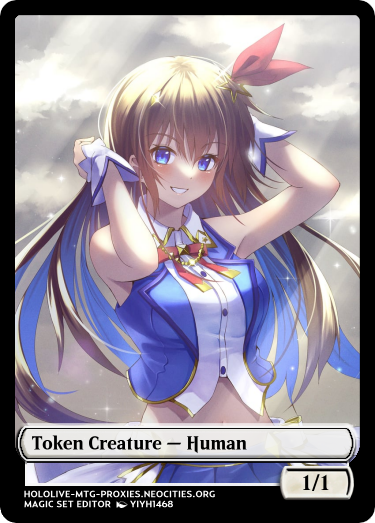 |
Creature: Usually the main way to defeat your opponent and defend yourself from your opponent's own creatures. On the bottom right of a creature are two numbers: the creature's power, or attack strength; and it's toughness, or health per turn. |
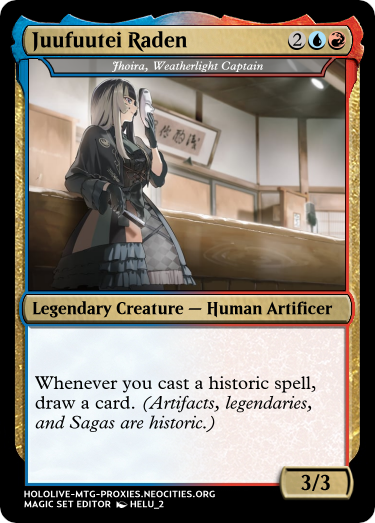 |
Legendary: You can't have multiples of same-named legendary cards on your side of in play. |
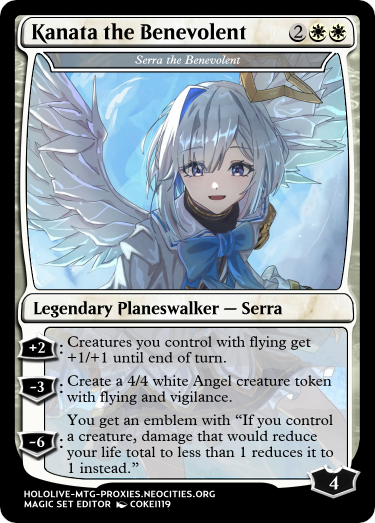 |
Planeswalker: In Magic lore, Planeswalkers are able to self-teleport to the different worlds of the Magic multiverse. As cards, they act as an ally with a list of abilities. Once per your turns, per Planeswalker, you may use one of those abilities. Use of those abilities, and being attacked by your opponent, affects the Planeswalker's loyalty (the number on the bottom right of the card). Protect your Planeswalker or they'll be discarded.
Some Planeswalkers create emblems. Once created, an emblem sits outside of the in play zone and provides effects for the rest of the game, untouchable by players. |
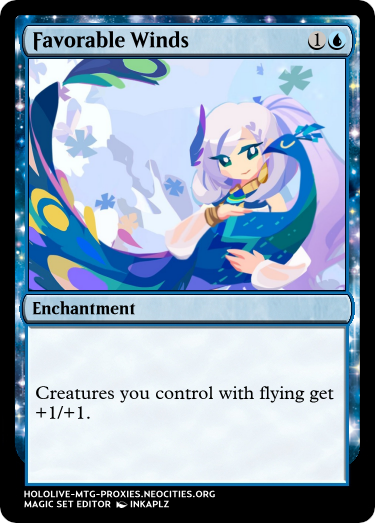 |
Enchantment: Sits in play and provides an effect. |
 |
Aura: An enchantment subtype that attaches to another card when played, and provides its effect to that card in particular. If the enchanted card is discarded, the Aura is discarded with it. |
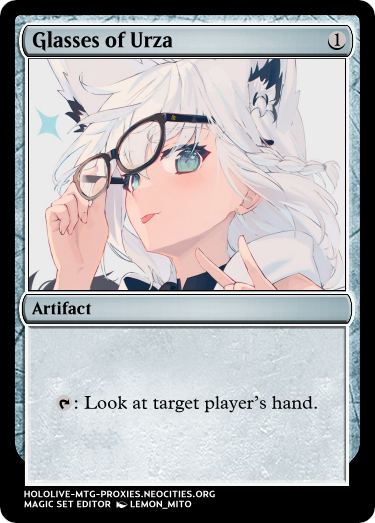 |
Artifact: Similar to enchantments, these sit in play and provide an effect. |
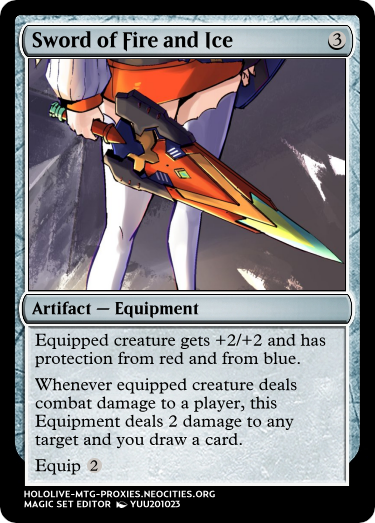 |
Equipment: An artifact subtype that can be attached to a creature and provide its effect to that creature in particular. Unlike Auras, you need to pay a separate cost to attach an Equipment to something. However, Equipments aren't discarded when the equipped card is discarded, instead just remaining in play to be equipped again. |
 |
Sorcery: A card type that never enters play, instead being immediately discarded after applying its effect. |
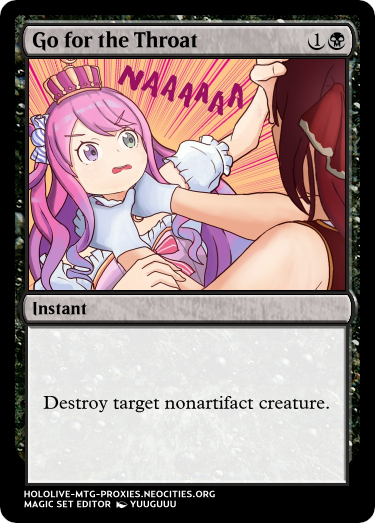 |
Instant: A card type that never enters play, instead being immediately discarded after applying its effect. Instants ignore the normal restriction of only being able to play cards during your main phases. They can be played at nearly any time (provided you can afford their mana cost), including on your opponent's turn and in response to other spells and abilities. |
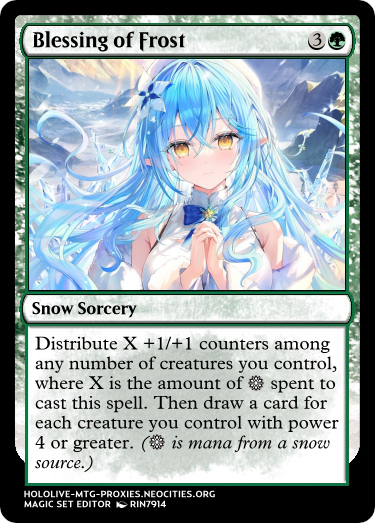 |
Snow: One of Magic's storylines involved a wizard detonating a magical bomb so powerful that it threw his world into an ice age. A small number of cards have the Snow type. Snow has no rules meaning on its own, but some cards care if other cards are Snow or not. |
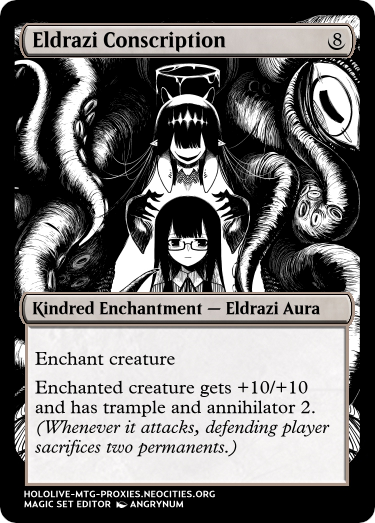 |
Kindred: A card type that allows non-creature cards to have creature subtypes (Human, Wizard, Elf, etc.). Other cards may care about those subtypes. |
Zones
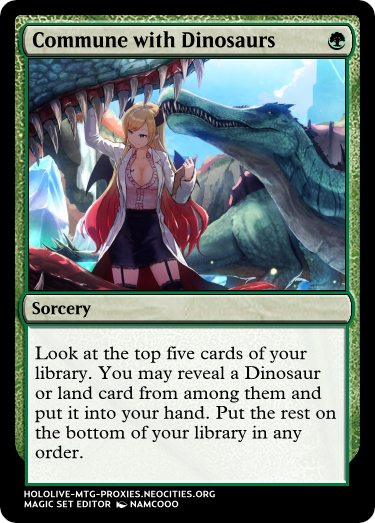 |
Library: Deck. |
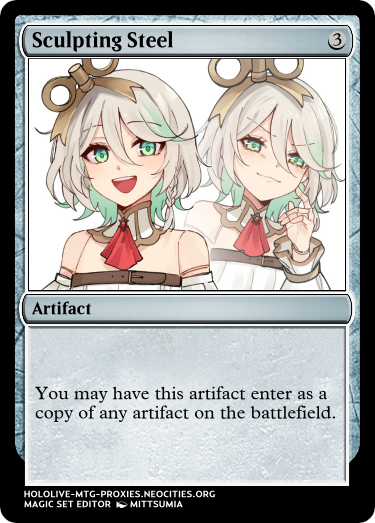 |
Battlefield: In play. The battlefield is limitless, there is no maximum number of cards or tokens you can have on it. |
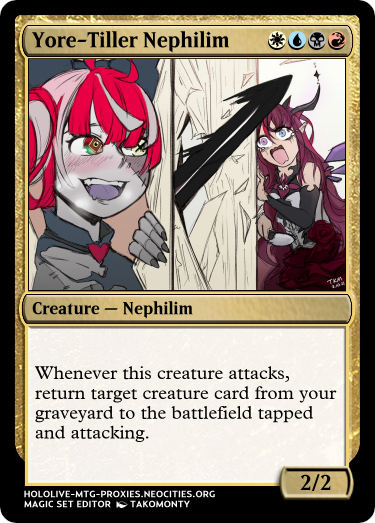 |
Graveyard: Discard pile. |
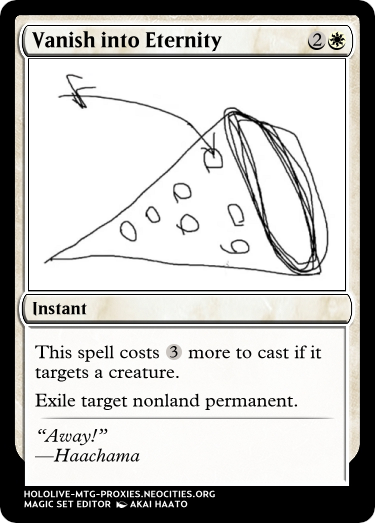 |
Exile: Graveyards are open to pilfering by countless card effects. Exile acts as a more secure discard pile, and as a temporary holding area for some card effects. |
 |
Command Zone: A holding area for cards in gameplay variants (including, but not limited to, Commander), and emblems. |
Misc.
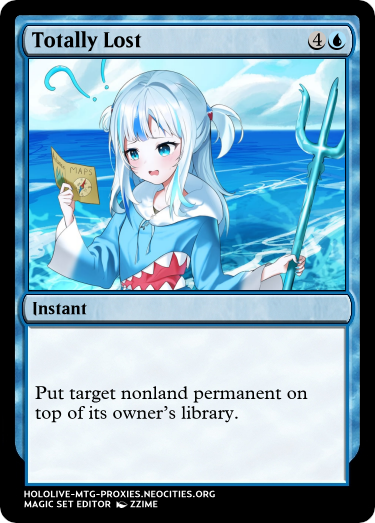 |
Permanent: A card or token in play. |
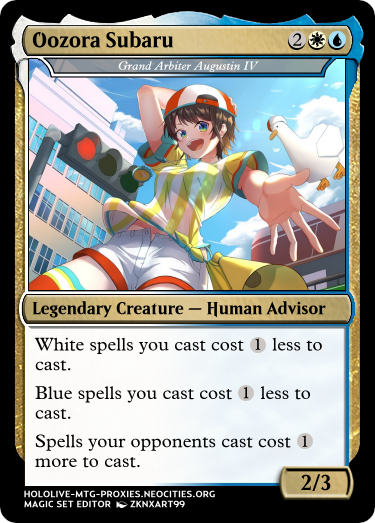 |
Spell: Most types of cards as they are in the process of being played from your hand. Lands are never spells. |
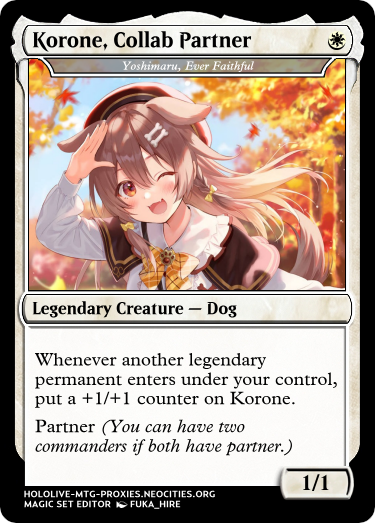 |
Commander: A popular gameplay variant where you set aside a legendary creature at the start of the game to act as your deck’s “commander”, and are able to play that card without needing to draw it from a shuffled deck. The other cards in a Commander deck are restricted to the color(s) its commander uses. Some cards bend the rules for being a commander, such as not being a creature, or having two commanders. Cards with Commander-specific effects can be used in normal, non-Commander games, but those effects will do nothing in them. |
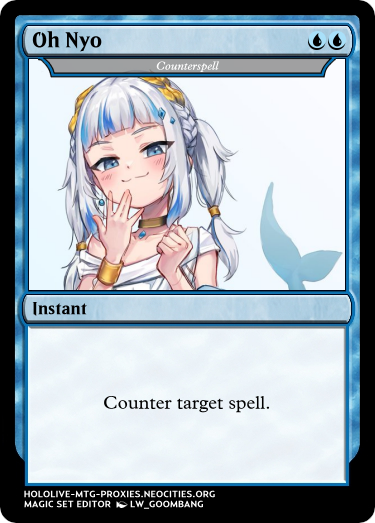 |
Counter (action): Cancelling a spell before it completes being played. The cancelled card is discarded. |
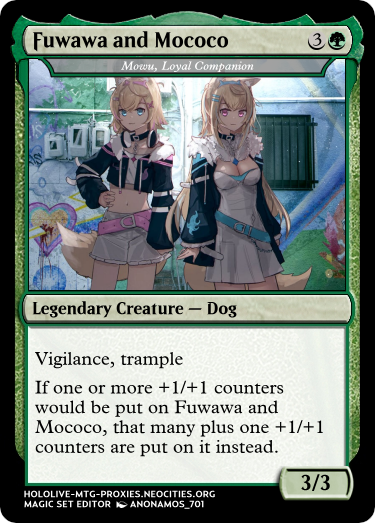 |
Counter (object): A marker on a card to denote or count something. Some counters change the card's stats (though not every stat change uses counters), some counters add abilities to the card, and some counters don't do anything on their own but are looked at by other card effects. |
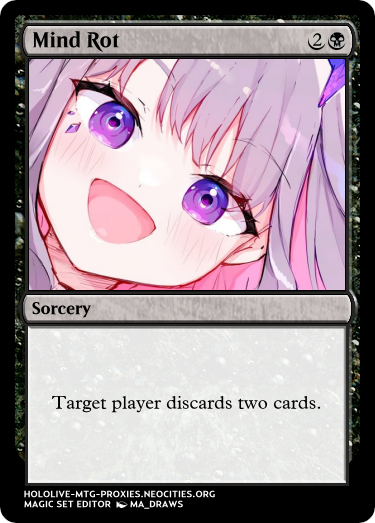 |
Discard: "Discard" in a card's effect means specifically to put a card from your hand into your graveyard. I only mention it because I use the word "discard" liberally on this page to explain cards being put into the graveyard from other game zones. |
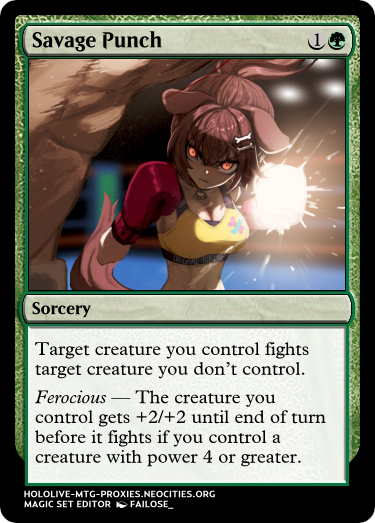 |
Fight: When creatures fight, they simultaniously deal damage to each other equal to their power. This is similar to how damage is dealt during the combat phase of a turn, though fighting and combat damage are separate concepts. |
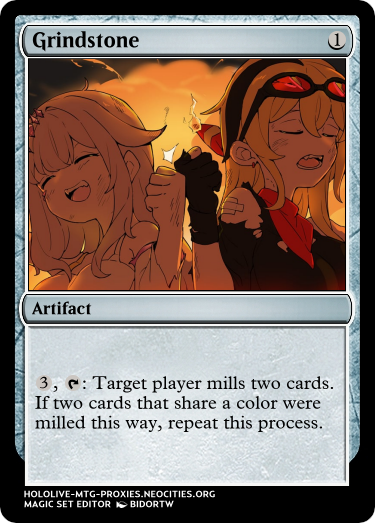 |
Mill: To discard cards from the top of your deck into your graveyard. Named after an early card that did this. |
Common Keyword Abilities
 |
Something with deathtouch only needs to deal 1 damage to another creature to kill it, regardless of that creature's toughness. |
 |
Normally, creatures in combat deal their damage to each other simultaneously. Creatures with first strike... strike first.
A creature with double strike hits twice: first with its early damage, then again with the simultaneous damage. |
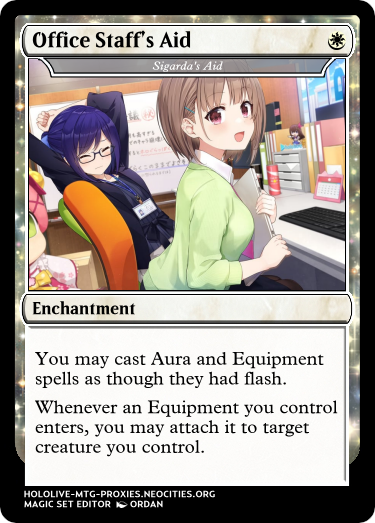 |
Cards with flash are like instants. They ignore the normal restriction of only being able to play cards during your main phases. They can be played at nearly any time during a turn, including on your opponent's turn and in response to other spells and abilities. |
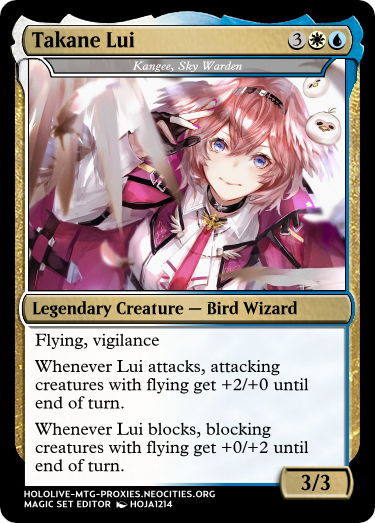 |
A creature with flying can only be blocked by creatures with flying or reach. Fliers can block nonfliers. |
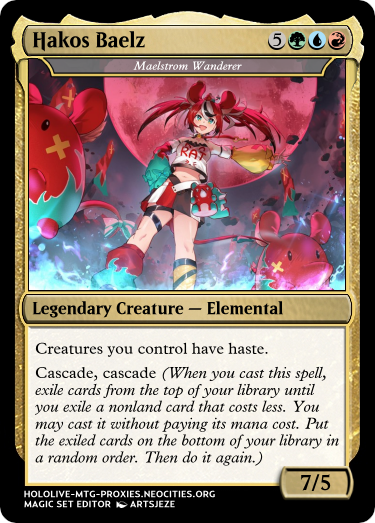 |
Normally, creatures have "summoning sickness" when they first come into play, needing to wait a full round of turns before they can attack or use |
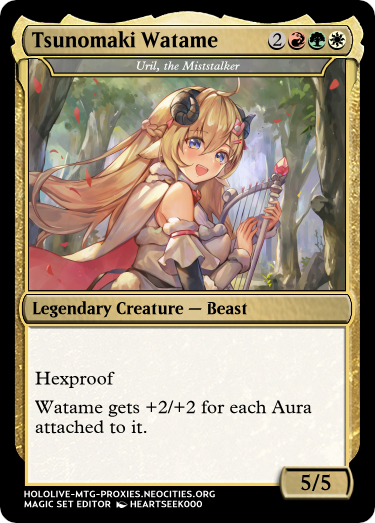 |
Your things with hexproof can't be targeted by your opponent's spells and abilities. They can still be affected in other ways. |
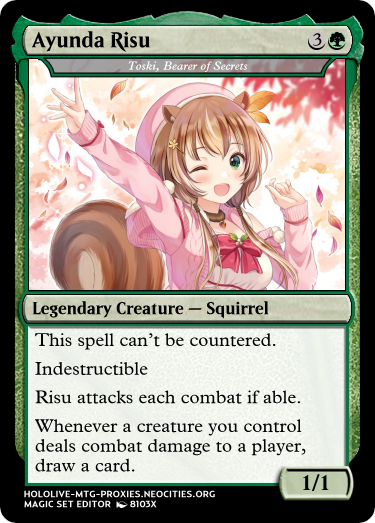 |
Things with indestructible aren't killed by "destroy" effects or damage. They can still be dealt with in other ways. |
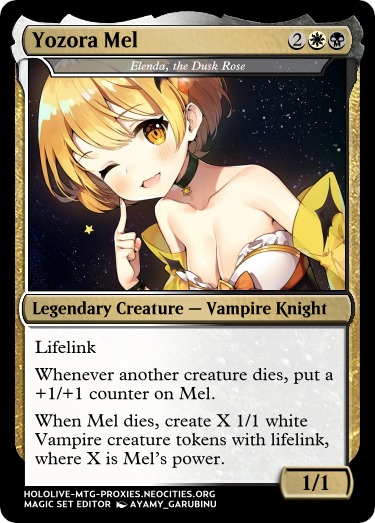 |
Whenever something of yours with lifelink deals damage, you simultaneously gain that much life. |
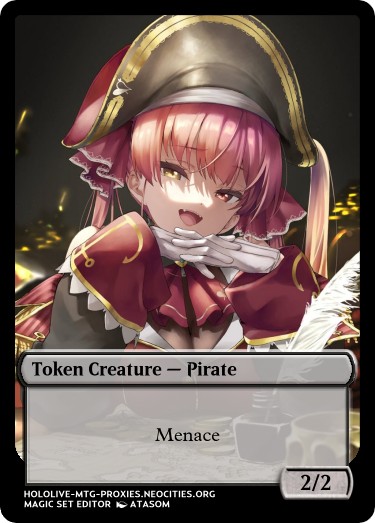 |
An attacking creature with menace is too much to handle for a single blocker. It needs to be blocked by at least two blockers. |
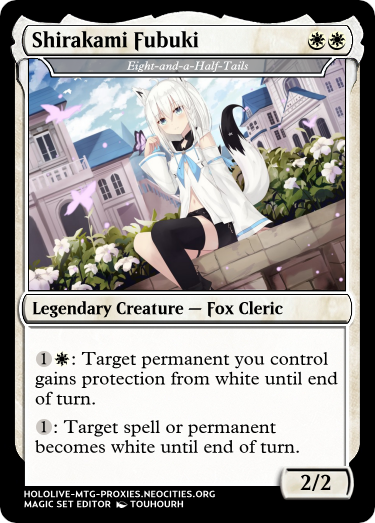 |
Something with protection from [quality] means it can't be damaged, enchanted, equipped, targeted, or blocked by anything of that quality. It can still be affected by things of that quality in other ways. |
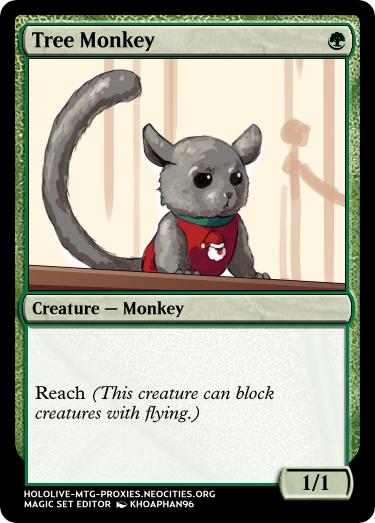 |
Creatures with reach can block creatures with flying. They can also block creatures without flying. |
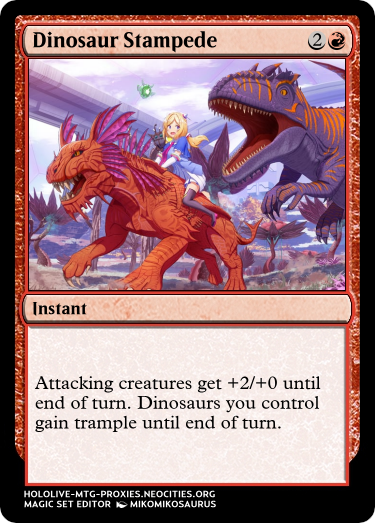 |
Normally, a blocker takes the full brunt of an attack, even if the attacker's power exceeds the blocker's toughness. If the attacker has trample, any excess damage is dealt to the defending player instead. |
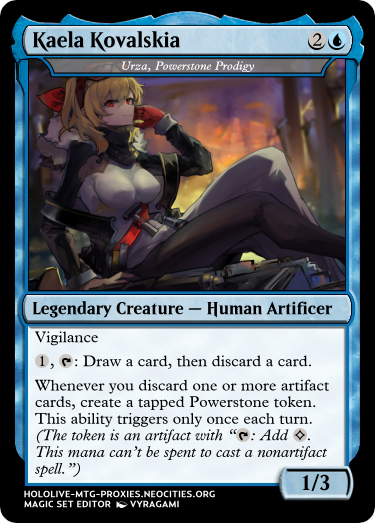 |
Normally, creatures tap when they attack. Tapped creatures can't block or use |
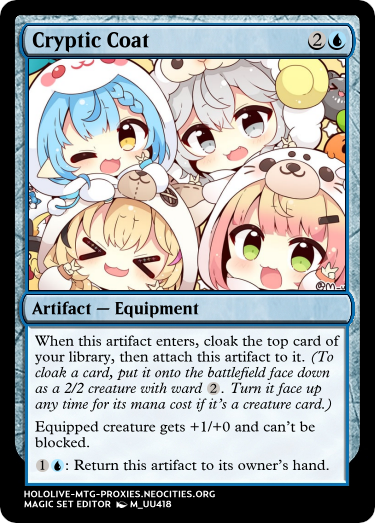 |
Ward adds an extra cost to your opponent's spells or abilities that are targeting the warded card. |